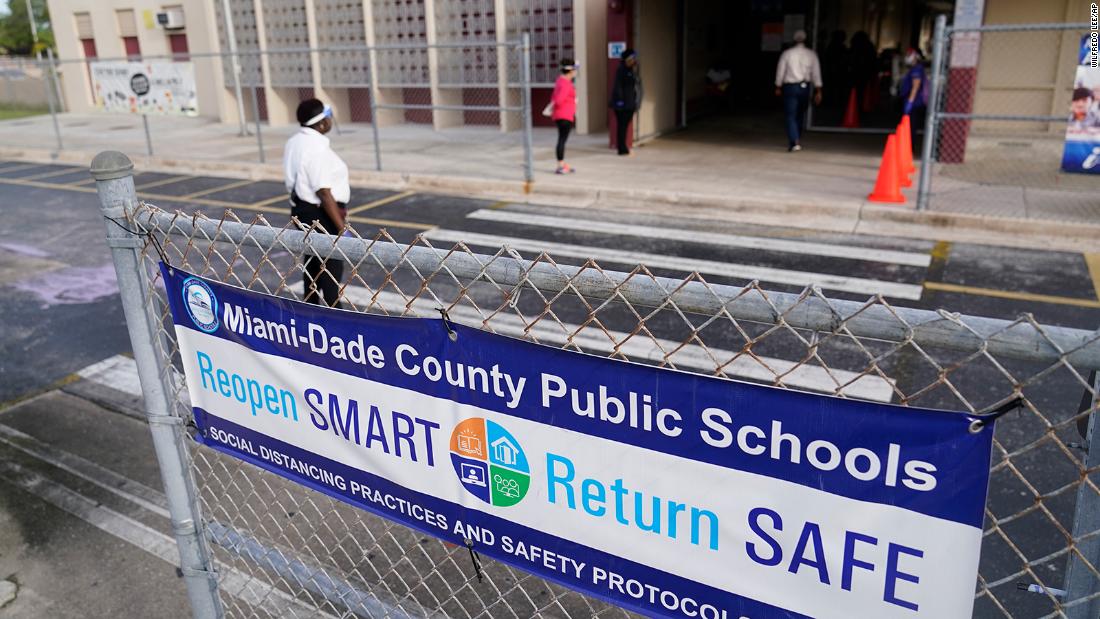frigidweirdo
Diamond Member
- Mar 7, 2014
- 46,359
- 9,856
- 2,030
Yep, you can't make a horse drink but you can lead him to water. Educating the public is a first step. Clearly implanting in the mind of the public that you don't get the real news by listening to news commentators. Second, news outlets need to be persuaded to stop labeling their opinion as fact. I wrote about this in my post follows #117.
No offense but we've been educating people for a century now. We've got the internet, so much information at the click of a button. Do people become more logical? NO.
The reality is that the more you look at this, the more China looks right.
They're essentially filling people's brains only with the stuff they want it to be filled with. Perhaps what they're filling their brains with is wrong, but the reality is that for a society to exist in civilized peace, you need heavy indoctrination. You need to steer people away from conflict, like the north/south divide, or away from racial issues.
You tell people what to think, because most people simply don't have the desire to figure out things for themselves.
But then when you do indoctrination, you need to make sure it's the right indoctrination. Which is the big problem.

